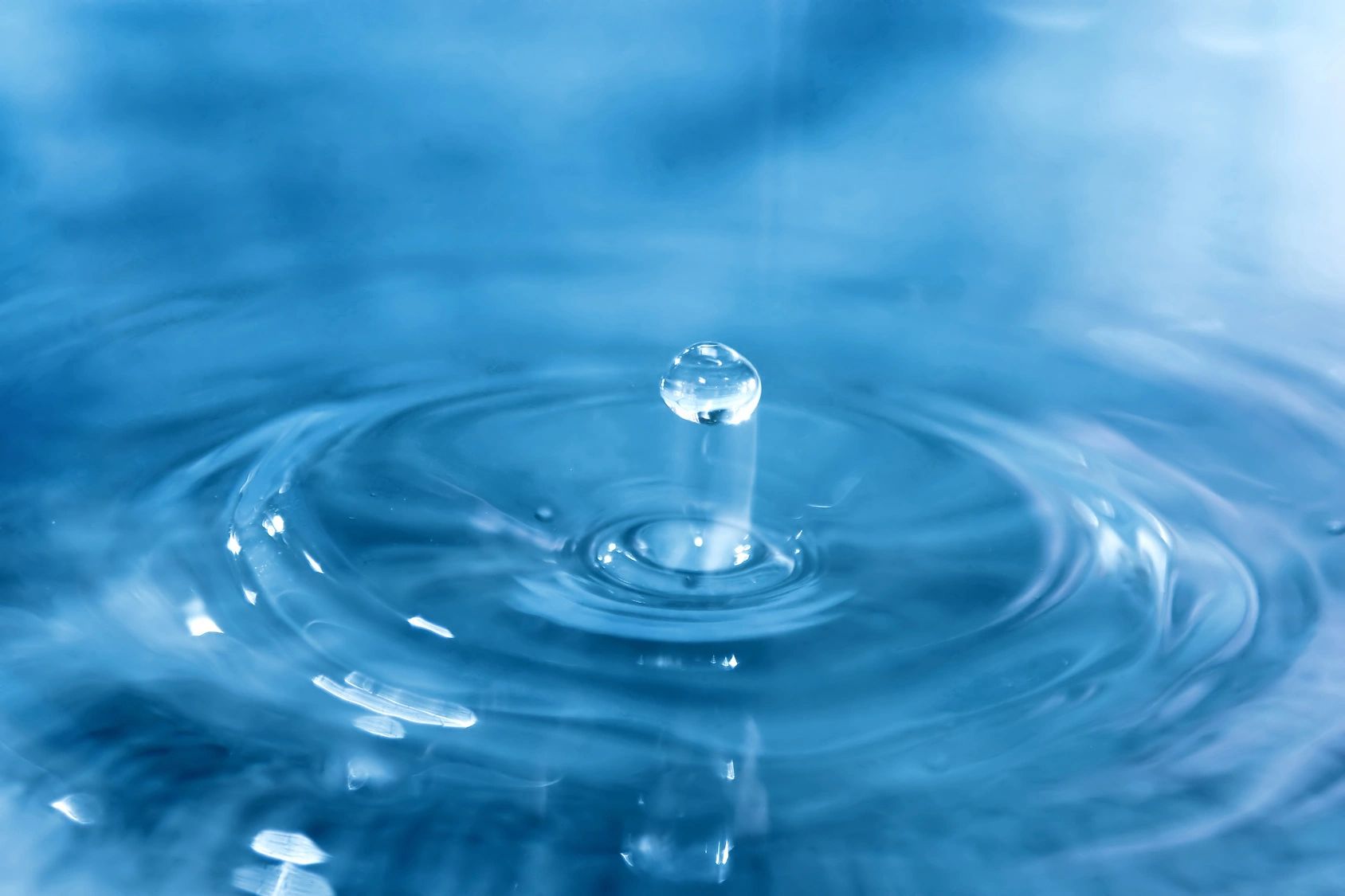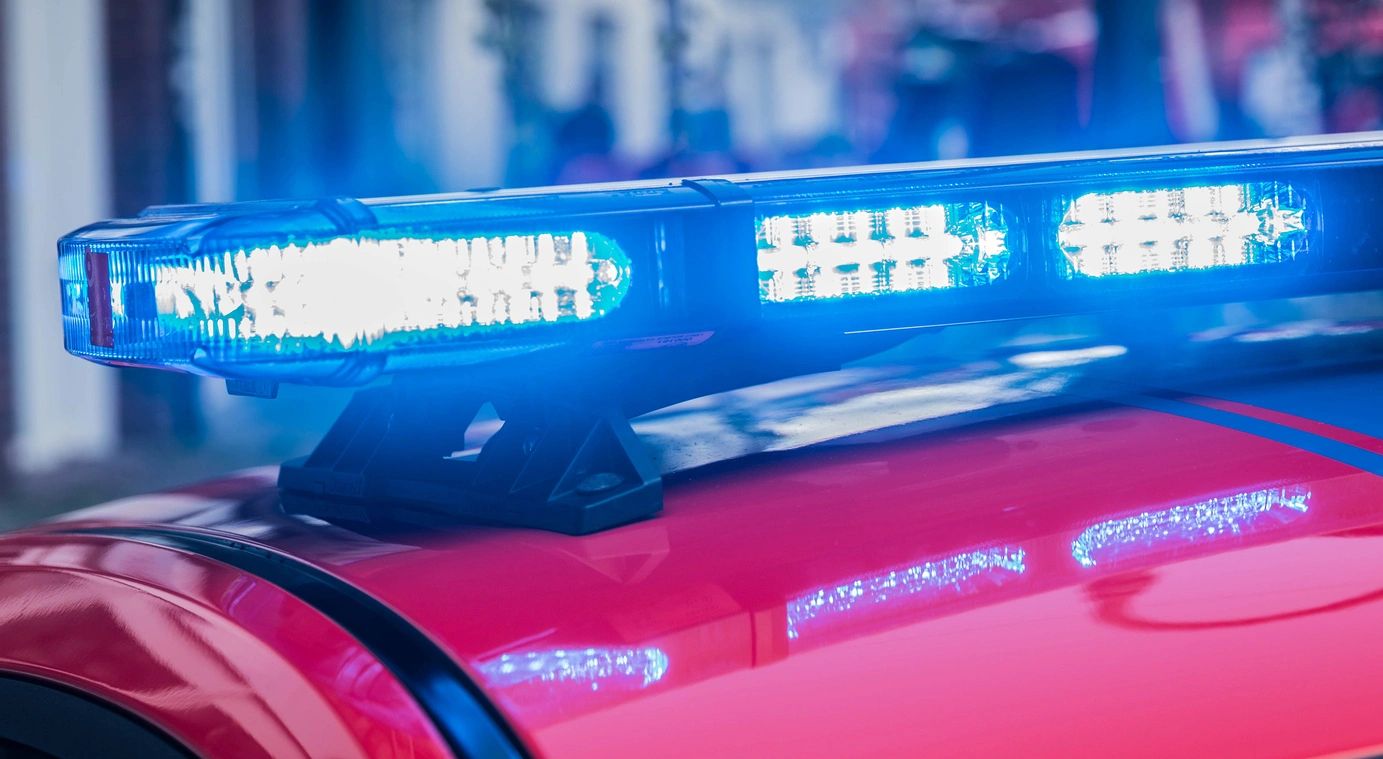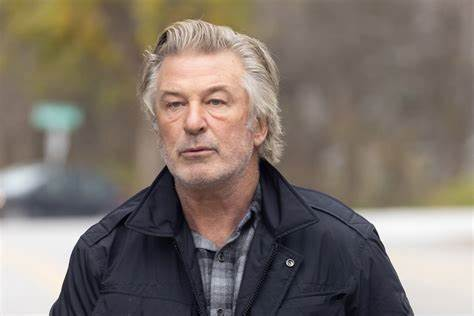Justice Canada lawyers argue that the federal government has no legal duty to ensure First Nations have access to clean drinking water, even if statements from Liberal ministers may suggest otherwise. This is the defense the government is expected to present in Federal Court in Ottawa this week as it contests a national class-action lawsuit launched in 2022 by the remote Shamattawa First Nation in northern Manitoba.
Shamattawa First Nation, which has been under a boil water advisory since 2018, along with its Chief, Jordna Hill, is leading the case on behalf of all First Nations members whose communities have been under a drinking water advisory since June 20, 2020.
The plaintiffs argue that clean water is a basic human right that Canada has violated, describing the situation in their communities as an “urgent human rights crisis.”
In its defense, the Canadian government maintains that providing clean water to First Nations is a discretionary political decision, framing it as “a matter of good governance rather than a legal obligation.”
“Canada does not owe any legal obligations or duties to operate and maintain the plaintiffs’ water systems,” reads the government’s statement of defense.
Alana Robert, counsel for Shamattawa First Nation and Chief Hill, expressed disappointment over the need to litigate for such a fundamental human right. “What First Nations leaders have made clear throughout this litigation is their frustration at having to fight, once again, for access to clean water,” said Robert, an associate at McCarthy Tétrault LLP.
Canada’s lawyers are seeking dismissal of Shamattawa’s motion for summary judgment regarding the federal government’s legal responsibilities, with the opportunity to respond on Tuesday.
“Right to Safe Water Not Exclusively Indigenous,” Argue Government Lawyers
The current class action lawsuit continues where a previous case, which was settled out of court for $8 billion, left off. Fifty-nine First Nations have joined this legal battle, with individual members automatically included if they meet the criteria.
Canada’s legal team is expected to argue that the “right to safe water is not exclusively Indigenous” and that “there is no inherent right to government funding,” according to court documents. Meanwhile, the plaintiffs highlight various public statements from Liberal ministers that appear to acknowledge federal responsibility for the water crisis affecting some First Nations.
At a news conference on April 28, 2022, Indigenous Services Minister Patty Hajdu stated, “Canada accepts the role that the government has played in First Nations’ lack of access to clean drinking water.” However, the government now claims that such statements were made in a specific context and should not be seen as legal admissions of responsibility.
Prime Minister Justin Trudeau, in 2015, promised to lift all long-term boil water advisories on reserves by 2021. At that time, there were 105 such advisories in place. As of September 28, 2023, 33 advisories remain, according to government data.
Niki Ashton, the New Democrat MP representing Shamattawa, expressed her dismay at the government’s position, calling it both shocking and hypocritical. “In a country as wealthy as Canada, a country that has prided itself on human rights, it’s unfathomable that we’re telling First Nations they don’t have a right to clean water,” Ashton said in an interview. “This is the dark underbelly of Canada, and a glaring example of Liberal hypocrisy.”
In response to Ashton’s questions in Parliament last week, Minister Hajdu emphasized the government’s progress. “We have lifted over 145 long-term boil water advisories and prevented more than 200. Our commitment to this hard work continues,” she said.



